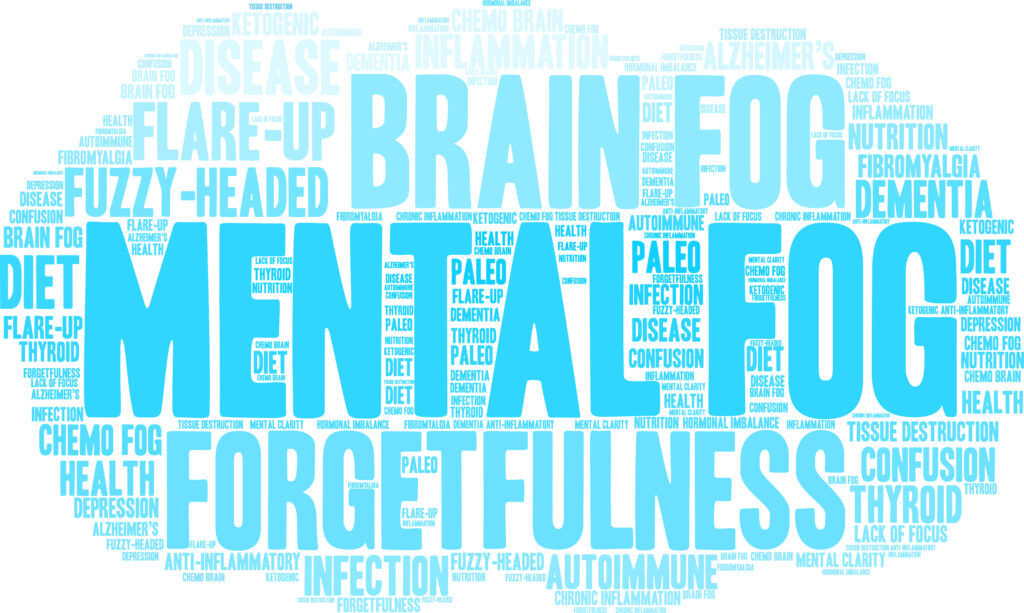
Many cancer patients and survivors experience cognitive challenges as a side effect of treatment. Often called “chemo brain,” this mental fog and inability to concentrate can be caused by many different aspects of treatment and can impact a person’s ability to do their job. To help combat these challenges, here is a list of simple things you can do, which are all about getting back to basics, with the aim of increasing concentration.
LET GO OF THE IDEA OF MULTI-TASKING
Research indicates that very few people (approximately 2%) can multi-task effectively, regardless of their health, age, etc.; so you’re better off focusing on only one task at a time.
WRITE DOWN (OR TYPE) A LIST OF PRIORITIES
While it may sound simple — and obvious — seeing your most critical tasks written out in order of importance can help keep them top of mind, so nothing falls through the cracks.
BREAK DOWN TASKS INTO THEIR SMALLEST PARTS
When you’re developing your to-do list, be specific about each component of the task, so you can tick them off one by one. This will help ensure you don’t miss anything, and it has the added benefit of providing a sense of satisfaction upon completing each item. It can also make things feel more manageable.
TURN OFF PHONE AND/OR EMAIL NOTIFICATIONS
Unless you are expecting an urgent email or phone call that will require immediate attention, turning off the ringer on your desk phone and mobile phone, as well as the notifications from emails and texts, can create an interruption-free space that will enable you to better concentrate on the task at hand.
CREATE A CHEAT SHEET
If there are certain parts of your job that are the same, day in and day out, consider creating a cheat sheet that lists in order all the steps you need to take to successfully execute that portion of your daily routine. For example, if you are a store manager who is responsible for closing the shop every evening, keep a reference sheet handy that includes all your must-do’s for the end of the day, such as reconciling the day’s purchases or receipts, locking the money in the safe, turning out the lights, setting the alarm, locking the door, etc.
TAKE NOTES
It can be difficult to absorb every element of a meeting, conversation, or conference. So take notes; this eliminates the need to remember everything and gives you something to refer back to. If the video conferencing platform you use offers transcripts of closed captions generated during the meetings, utilize this feature.
USE ONE NOTEBOOK
Keep your notes and your to-do lists in a single notebook or planner and take it with you wherever you go. It’s much easier to keep track of one notebook than a series of smaller notepads and Post-It notes. And pasting a colorful sticker on the front can make it even easier to spot and to remember to grab.
SCHEDULE “MEETINGS” WITH YOURSELF
If you work in an office-type environment that has a shared calendar, block off time on that calendar to work on specific projects; then let your boss and colleagues know that you’ll be unavailable for a while. Indicating that you’re “in a meeting”, even if it’s with yourself, can minimize the chance of interruptions and alleviate the pressure of having to respond immediately to emails and phone calls.
REHEARSE THINGS
When memory is challenged, the act of rehearsing can be an extremely useful tool, especially if your job requires you to make presentations, client pitches or sales calls. Setting aside time to practice what you need to say can ensure a successful delivery.
BUILD BREAKS INTO YOUR DAY
Set aside time to rest, if possible, take a walk, meditate or do some deep-breathing exercises. Doing so can help you re-focus and re-charge.
